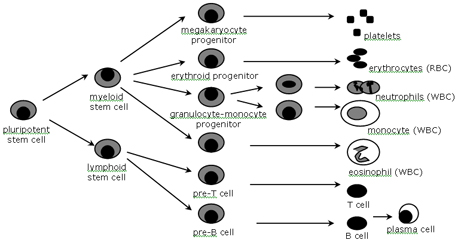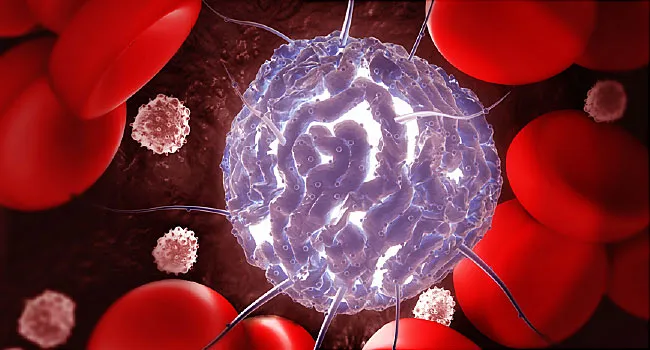Bone marrow transplantation is a treatment procedure in which damaged or faulty bone marrow is replaced by healthy bone marrow from a donor.
Mini stem cell transplant for myelofibrosis.
The patient is given chemotherapy or radiation therapy in order to remove defective bone marrow.
Myelofibrosis is typically treated with a stem cell transplant so i started working with uday popat m d to find a donor.
Hematopoietic cell transplantation as curative therapy for idiopathic myelofibrosis advanced polycythemia vera and essential thrombocythemia.
A bone marrow aspiration revealed i d developed myelofibrosis a type of bone cancer.
Myelofibrosis is a rare kind of blood cancer that keeps your body from making the blood cells you need to be healthy.
Despite the approval of janus kinase inhibitor treatment in myelofibrosis allogeneic stem cell transplantation remains the only curative treatment option for myelofibrosis whereas the transplant procedure itself still has high therapy related morbidity and mortality despite recent improvements.
If left untreated it could turn into leukemia.
Treating my myelofibrosis with a stem cell transplant.
And because of the variable outcome of patients with myelofibrosis treatment decision with.
My sister was only a 50 match.
It is beneficial to improve the outcomes of this procedure in myelofibrosis.
2 hematopoietic stem cell transplant is the most effective cure for myelofibrosis.
Myelofibrosis mf is a clonal myeloproliferative neoplasm mpn that can arise de novo or result from previous polycythemia vera or essential thrombocythemia post et mf.
Some mf patients present to the transplant center with severe complications after a long disease history and their treatment may be very challenging.
Stem cell transplantation.
British journal of haematology 29 march 2012 sources.
A stem cell transplant is the only treatment that can cure myelofibrosis.
A reduced intensity non myeloablative or mini transplant is a conditioning process in which lower doses of chemotherapy and or radiation or none at all are given prior to stem cell transpla.
This treatment has the potential to cure myelofibrosis but it also carries a high risk of life threatening side effects including a risk that the new stem cells will react against your body s healthy tissues graft versus host disease.
Allogeneic stem cell transplantation is the only current treatment with the potential to cure mf but it also carries a high risk of life threatening side effects.
1 recently reported a significant improvement in outcome of patients with myelofibrosis mf after allogeneic stem cell transplantation sct.
For myelofibrosis the procedure uses stem cells from a donor allogeneic stem cell transplant.




























